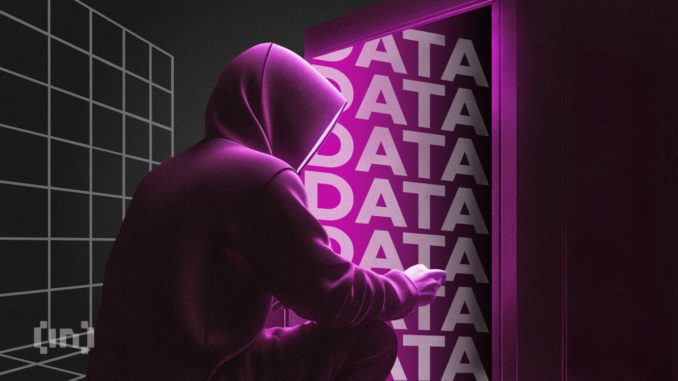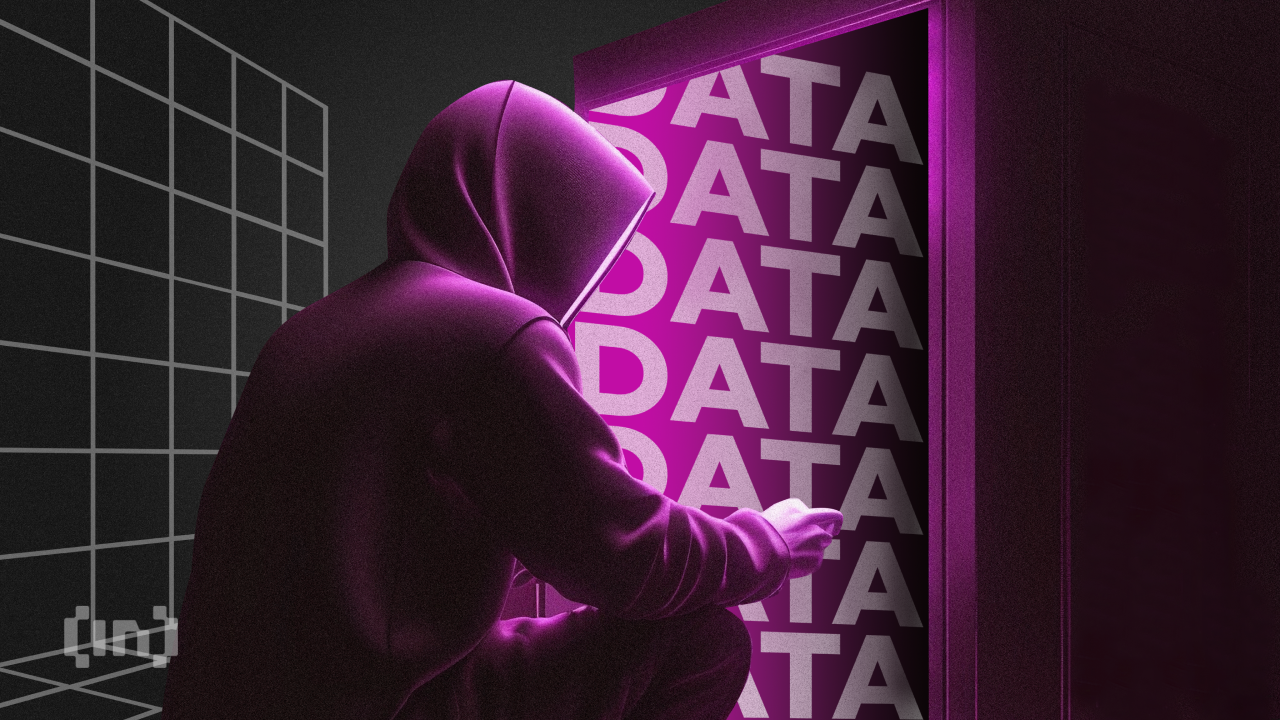

In a striking turn of events, gamers, particularly those bending the rules in Call of Duty, find themselves in the crosshairs of a sophisticated malware campaign.
An unknown threat actor deployed this malware. It targets users of pay-to-cheat services in games. This leads to unauthorized transactions and compromised accounts.
Activision Blizzard Teams Up with Cheat Makers to Battle Malware Theft
The initial alarm was raised by a Call of Duty cheat provider, PhantomOverlay, upon noticing unauthorized purchases on user accounts. This discovery quickly unraveled a wider web of compromised accounts across various gaming platforms, including Battlenet and Activision, with over 3.6 million and 561,183 accounts affected, respectively.
“The scope of the impact is so large, and in a bizarre twist of fate, Activision Blizzard is coordinating with cheat providers to aid users impacted by the massive infostealer campaign.” Stated vx-underground.
This cyber-attack doesn’t stop at gaming credentials. Impacted users report significant losses from their Electrum Bitcoin wallets, adding a financial sting to the breach. The exact amount siphoned off remains unclear, but the implications are alarming, underscoring the vulnerabilities associated with illicit gaming practices and third-party tools.
Read More: Crypto Gaming: What Is It and How Does It Work?
In an unexpected collaboration, gaming behemoth Activision Blizzard is joining forces with cheat providers like PhantomOverlay to assist users caught in this malware incident. This partnership aims to identify and remediate affected accounts, shedding light on the scale and sophistication of the infostealer campaign.
Zeebler, a developer of cheating software for Call of Duty, initially made the discovery of this malware campaign. Zeebler revealed in PhantomOverlay’s channel the hackers’ tactic. They target gamers, even cheat users, to steal usernames and passwords. Alarmingly, they also aim to take their cryptocurrency assets.
Activision has responded to the crisis, with spokesperson Delaney Simmons asserting that the company’s servers remain “secure and uncompromised.” The focus now shifts to understanding the malware’s propagation methods, which remain ambiguous but seem to involve the download or use of unauthorized software.
This malware incident warns gamers about the dangers of cheating and using third-party tools. As the probe continues, gamers eagerly await measures to combat this threat. They want to protect their digital and financial assets.
Disclaimer
In adherence to the Trust Project guidelines, BeInCrypto is committed to unbiased, transparent reporting. This news article aims to provide accurate, timely information. However, readers are advised to verify facts independently and consult with a professional before making any decisions based on this content. Please note that our Terms and Conditions, Privacy Policy, and Disclaimers have been updated.

Leave a Reply